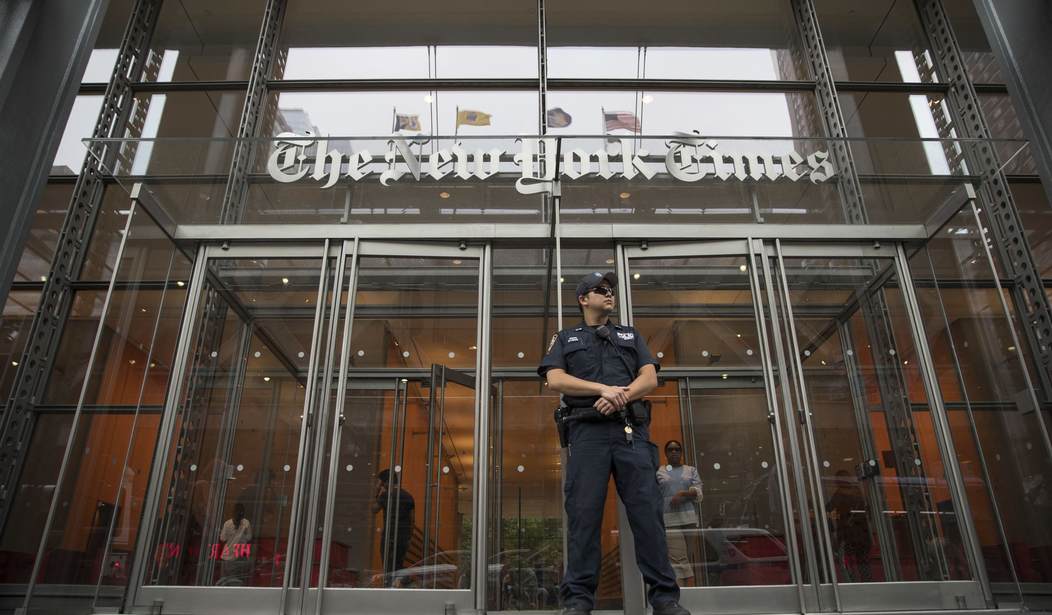You don’t have to be a student of ancient Roman poetry to have heard Juvenal’s famous line “Who watches the watchmen?” But perhaps a more apt question today would be: Who checks the fact-checkers?
Fact-checkers aren’t a new thing, but they’ve become a popular feature on many news sites. And let’s face it, it’s something that can be really useful. The downside of having so much information at our fingertips is that we’re drowning in it. It’s not easy to double-check it all for accuracy, so we generally accept or reject what we see on faith alone.
Enter the fact-checker. At last, someone willing to dig a bit and let us know if the unemployment figure some politician used in a speech is even close. Or if the tax statistics in a White House press release are true. And so on.
Except that’s not how many fact-checkers work.
Some do, yes, and when it’s a matter of mining some data from a particular report or government agency, it’s a pretty straightforward task. But when you look closer, you start to notice that many of these features veer sharply into what can be more accurately called opinion-checking.
Consider what happened recently with White House adviser Ivanka Trump and The Washington Post. The president’s daughter reacted to the positive employment numbers released on July 6 by saying this:
“I think one of the tremendous opportunities that we’re seeing because the economy is so strong is that people who have been out of the workforce are coming back off the sidelines. And this is something we are working incredibly hard to incentivize. Because there is a large population of prime-age men and women who are out of the workforce and who are now slowly starting to return. Two million people have come off food stamps and are starting to reenter the economy, and we think that’s incredibly positive, and we’re very excited about that.”
Recommended
True or false? The Post’s Meg Kelly decided to scrutinize this statement.
You may be thinking, well, that shouldn’t be too hard. There’s only one fact in her statement that can even be checked: the number of people who have come off food stamps. Kelly looks it up, and finds that it’s “an accurate statistic.”
So, case closed? Does Ms. Trump get no “Pinocchios” on the Post’s scale (with four indicating a completely false statement)?
Nope. She gets two out of four “Pinocchios.”
Why? Because Kelly spends most of the column talking about the other parts of Trump’s statement, such as whether it really is “prime-age men and women” who are reentering the workforce,” and whether one can refer to the size of that group as “large” or not.
The upshot of her analysis? Maybe yes, maybe no. It depends on how you look at it. After illustrating how one can spin the data in different ways, Kelly proclaims: “Trump is using accurate data to draw faulty conclusions.”
There’s already a journalistic label for what Kelly is doing, and it’s not “fact-checking.” It’s “news analysis.” So why is this article flying under the “fact-checker” flag? Simple. It carries the cache of objectivity. “Analysis” can be done by any journalist with an anti- or pro-Trump axe to grind, but “fact-checking”? You can’t question that, right?
Wrong. You can, and you should. As The Wall Street Journal’s James Taranto has noted:
“Some good work is done under the rubric of ‘fact-checking,’ but … ‘fact-check’ journalists do not limit themselves to questions of verifiable objective fact. Frequently they accuse politicians of dishonesty because the journalists favor a different interpretation of facts that are not in dispute. Sometimes their ‘rulings’ are mere opinions on matters about which they do not know the facts, or that are not factual questions at all.”
Pinocchio longed for the day he’d become a real boy. Can we look forward to a time when Kelly and her fellow journalists become genuine fact-checkers?
























Join the conversation as a VIP Member